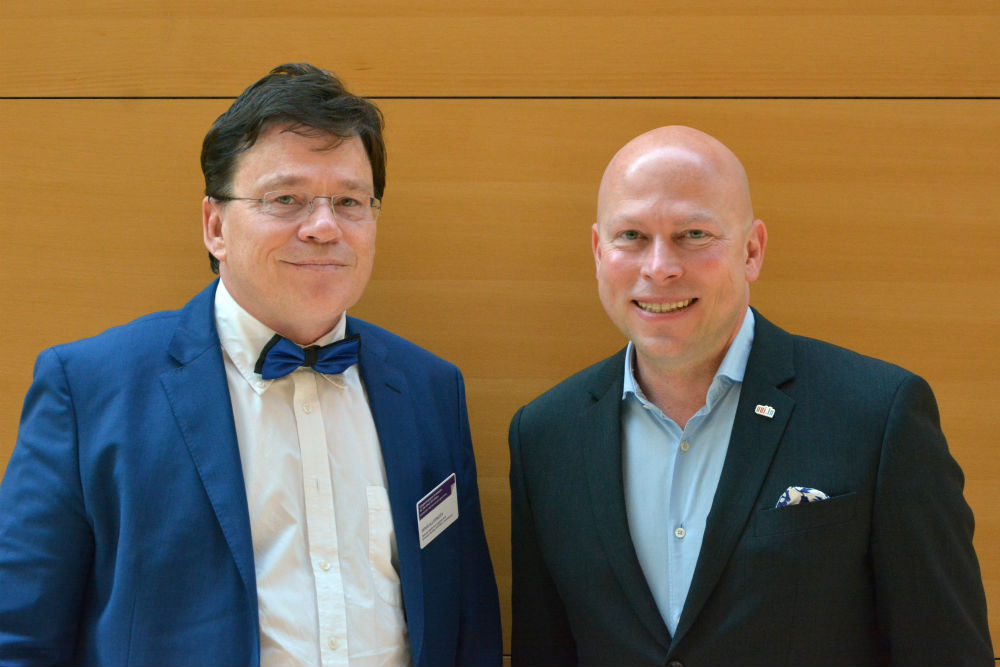Small countries do not inevitably have to lower their taxes to be competitive, according to Prof. Patrice Pieretti who recently spoke at a conference on competitiveness of small EU states organised by the Luxembourg Ministry of the Economy.
The event was co-hosted by the Ministry’s Observatory for Competitiveness (ODC), the University of Malta and national statistics office STATEC. Over two days, it featured more than 30 talks dedicated to a variety of topics around the issues small states face in competition against their larger neighbours.
Among the four keynote speakers were the Rector of the University of Luxembourg, Prof. Stéphane Pallage, as well as Patrice Pieretti, professor of economics at the University’s Centre for Research in Economics and Management (CREA).
Prof. Pieretti’s keynote questioned whether small economies are doomed to engage in tax dumping to attract mobile resources like capital and labour they lack to be able to prosper. While classical theory in tax competition suggests that smaller countries are more likely to specialise in international tax dumping, Prof. Pieretti and his colleague, Associate Prof. Skerdilajda Zanaj, argue that small countries can attract foreign capital through other means, for example by investing in infrastructure to enhance private productivity.
In a recent paper published in the Journal of International Economics, they demonstrate that, under particular conditions, a small state can be able to tax capital more than its bigger rivals, while remaining attractive to foreign direct investments.

An additional issue faced by small economies is their long-term sustainability, given that they need to continuously attract foreign investment in an increasingly globalised context. While small countries benefit from more flexible decision making they also suffer from limited institutional capacity. A game theory approach developed by Prof. Pieretti and his co-authors shows that high capital mobility can therefore be harmful on small economies as low taxation is unable to offset the pressures of international competition under conditions of poor institutional efficiency.
“The intensification of international competition involves a non-negligible challenge to small economies,” Prof. Pieretti concluded.
